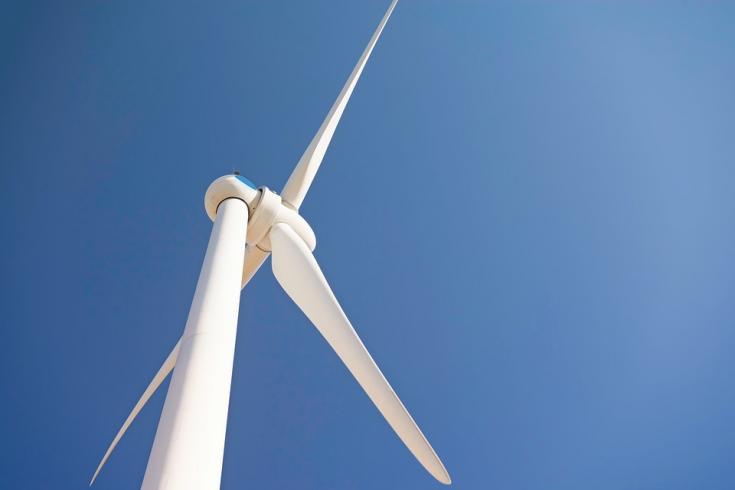The Renewables Networking Platform: Connecting policy makers to shape Europe’s energy future

Europe aims to lead the world in renewable energy deployment, but for this ambition to be realised policy makers at all levels – local, regional, national, and European – need to be pulling in the same direction.
With this in mind, the Renewables Networking Platform has been established to connect policy makers and relevant actors in order to enhance the exchange of information and foster co-operation. Its final goal is to facilitate the development of sound policies which ensure that the 27% target set for renewables in the EU’s climate and energy framework is met by 2030, while also monitoring policy best practices and obstacles at national and sub-national levels.
Shaping Europe’s energy future
The launch of the platform last year came at a pivotal time, according to Almudena Molina Delgado, Project Manager at EUFORES (European Forum for Renewable Energy Sources) who co-ordinates the platform.
“2017 and 2018 are the years in which the energy future of Europe will be shaped. The Renewable Networking Platform plays an active role by gathering European, national and regional policy makers, members of parliament, regulators, scientific experts, industrial and civil society representatives to discuss the development of sound renewable energy policies.”
With eyes firmly on the revised Renewable Energy Directive (REDII), EUFORES’ primary role is to connect European and national policy makers, organising national parliamentary workshops in all EU28 countries, inter-parliamentary meetings and high-level expert conferences.
“We can encourage an exchange between the institutions and the EU Member States and thereby ensure that the latter adopt appropriate measures for the EU to meet the 2030 renewable energy targets cost-efficiently.”
Support for local and regional policy makers
The platform also actively engages with local and regional policy makers, with a particular focus on authorities in the Czech Republic, France, Poland, Slovakia, Spain and the Netherlands.
This aspect is being overseen by Energy Cities, the European Association of local authorities in energy transition. “As well as connecting regional policy makers with their colleagues at European and national level, the platform should be a source of information on EU and national renewable energy policy,” explains Sara Giovannini, Communication Officer at Energy Cities.
Energy Cities is studying the bottlenecks that limit the development of renewables and also producing best practice examples of successful local initiatives. “Apart from inspiring other regional authorities to go on the energy transition journey, the best practices also provide clear guidance: available funding sources, innovative approaches, challenges and their solutions. If you know about such projects, you are more than welcome to get in touch with us!”
“In November 2018 a methodological guidebook will be published where regional and local authorities will be able to find recommendations to upscale renewable energy within their constituency. This guidebook will include case studies and concrete step-by-step approaches that local authorities could follow.”
While all regions have their own unique circumstances, Energy Cities identified a number of common challenges which require action at EU level. By connecting regional policy makers with their national and European colleagues, the Renewables Networking Platform creates a timely stage to come together and address these challenges.
……………………….
The Renewables Networking Platform is a project funded and implemented with the support of the European Commission DG ENERGY, which started on 1 March 2017 and will run until 28 February 2021. Partners of the RNP project are: EUFORES, EREF, eclareon, Energy Cities, TU Vienna, Fraunhofer Institute ISI and Ecofys. www.renewables-networking.eu
